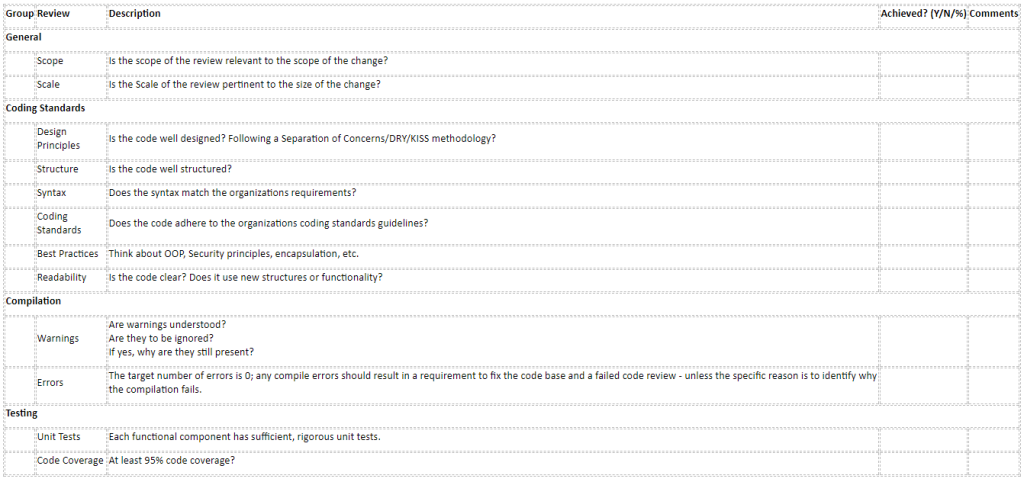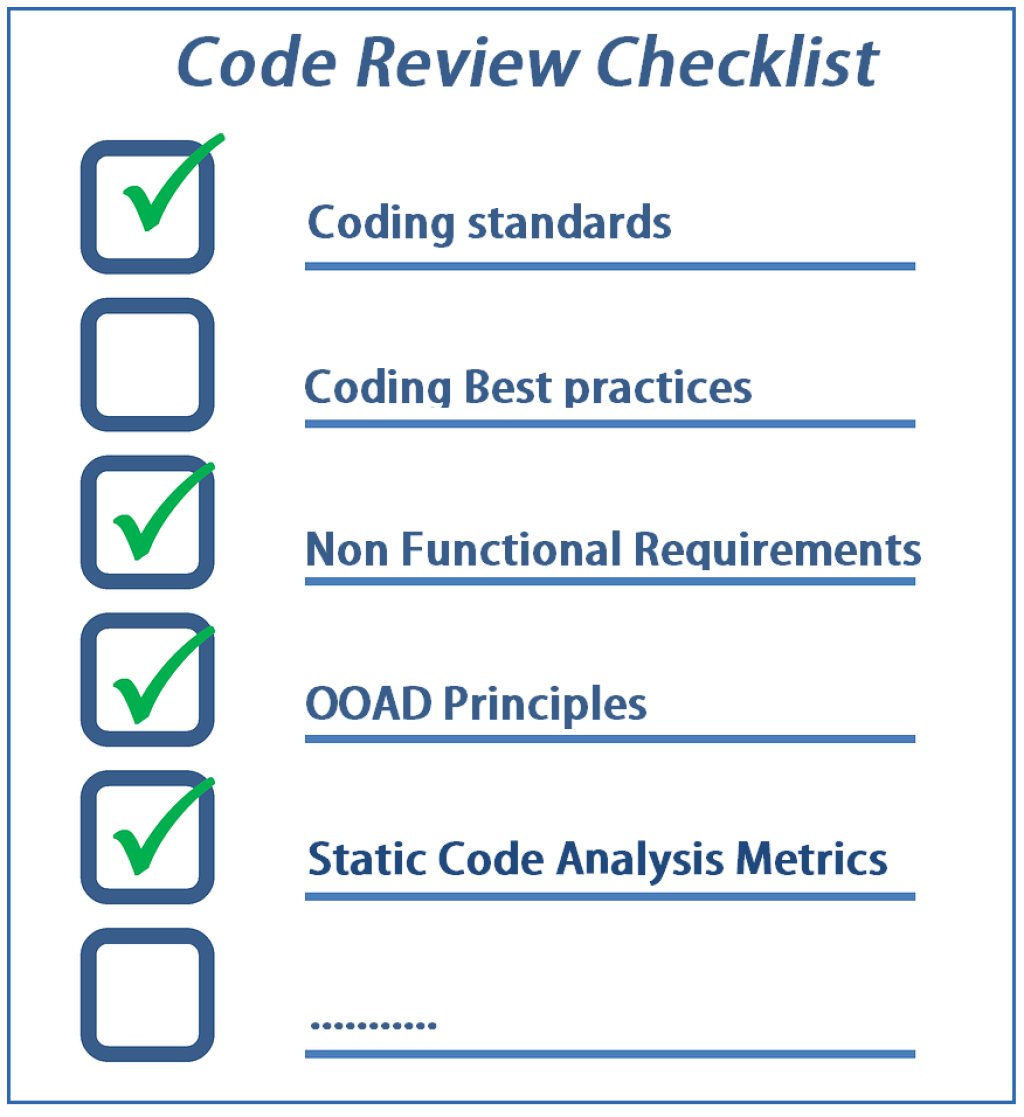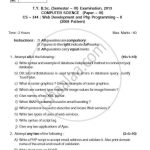Mastering Code Review Techniques In Java: Boost Your Development Skills Today!
Code Review Techniques in Java
Introduction
Welcome, readers! In this article, we will delve into the world of code review techniques in Java. Code review is an essential part of the software development process, as it ensures the quality and integrity of the codebase. By thoroughly examining the code, developers can identify and fix bugs, improve performance, and enhance maintainability. In this comprehensive guide, we will explore various techniques and best practices for conducting effective code reviews in Java.
3 Picture Gallery: Mastering Code Review Techniques In Java: Boost Your Development Skills Today!



Table of Contents
What is Code Review?
Who Should Perform Code Reviews?
When Should Code Reviews be Conducted?
Where Should Code Reviews Take Place?
Why are Code Reviews Important?
How to Conduct Code Reviews?
Advantages and Disadvantages of Code Reviews
Frequently Asked Questions
Conclusion
Final Remarks
What is Code Review?

Image Source: devteam.space
Code review is a systematic examination of source code by one or more developers to identify potential issues and ensure compliance with coding guidelines. It involves inspecting the code for bugs, vulnerabilities, and performance bottlenecks. Additionally, code review helps maintain consistency, readability, and maintainability of the codebase.
During the review process, developers can provide feedback, suggest improvements, and share knowledge. This collaborative approach fosters learning and enhances the overall quality of the software.
There are various types of code review techniques, including pair programming, tool-assisted code review, and formal inspection. Each technique has its own benefits and can be adapted based on the team’s preferences and requirements.
Who Should Perform Code Reviews?

Image Source: website-files.com
Code reviews are typically conducted by peers or senior developers who have a good understanding of the programming language and coding standards. They should possess strong analytical skills and attention to detail. In larger teams, code reviews may involve multiple reviewers to ensure diverse perspectives and reduce bias.
Code reviews can also be an excellent opportunity for junior developers to learn from more experienced colleagues. Reviewers should provide constructive feedback and guidance to help the author improve their coding skills.
When Should Code Reviews be Conducted?

Image Source: cloudfront.net
Code reviews should be an integral part of the software development lifecycle. Ideally, they should be performed throughout the development process, starting from the initial stages. Regular code reviews help identify issues early on, reducing the likelihood of bugs and technical debt.
In an agile development environment, code reviews can be conducted during sprint reviews or as part of a continuous integration and delivery pipeline. However, it is important to strike a balance between timely code reviews and maintaining a steady development pace.
Where Should Code Reviews Take Place?
Code reviews can take place in various settings, depending on the team’s preferences and collaboration tools. They can be conducted in person, where developers gather to review code together. Alternatively, code reviews can be done remotely using code review tools and collaboration platforms.
Using code review tools offers several advantages, such as the ability to leave comments directly on the code, track changes, and facilitate discussions. Popular code review tools include GitHub, Bitbucket, and Crucible.
Why are Code Reviews Important?
Code reviews play a crucial role in ensuring the quality, reliability, and maintainability of the codebase. They offer several benefits:
1. Identifying Bugs and Vulnerabilities: Code reviews help catch bugs, logic errors, and security vulnerabilities before they make their way into production.
2. Improving Code Quality: Through code reviews, developers can provide feedback and suggest improvements to enhance the code’s readability, efficiency, and adherence to coding standards.
3. Knowledge Sharing: Code reviews facilitate knowledge sharing among team members, encouraging collaboration and improving the overall technical expertise of the team.
4. Reducing Technical Debt: By addressing issues early on, code reviews help prevent the accumulation of technical debt, which can lead to maintenance challenges in the future.
How to Conduct Code Reviews?
Effective code reviews involve a systematic and thorough evaluation of the codebase. Here are some best practices to conduct code reviews in Java:
1. Establish Code Review Guidelines: Define a set of guidelines or coding standards that developers should follow during code reviews. This ensures consistency and clarity.
2. Review Small Chunks of Code: Break down the code into smaller, manageable units for review. This allows for focused analysis and reduces the chances of missing critical issues.
3. Provide Clear and Constructive Feedback: When providing feedback, be specific and offer suggestions for improvement. Maintain a positive and constructive tone.
4. Automate Code Review: Utilize code review tools and static analysis tools to automate certain aspects of the review process. These tools can help identify potential issues and enforce coding standards.
5. Encourage Collaboration: Foster an environment where developers can openly discuss code issues and ideas. Encourage knowledge sharing and continuous learning.
6. Follow Up on Review Feedback: Ensure that the feedback provided during code reviews is addressed and resolved. This promotes accountability and ensures that the codebase maintains a high standard of quality.
7. Continuously Improve the Process: Regularly evaluate and refine the code review process based on feedback from team members. Embrace a culture of continuous improvement.
Advantages and Disadvantages of Code Reviews
Like any software development practice, code reviews have both advantages and disadvantages. Let’s explore them in more detail:
Advantages of Code Reviews:
1. Bug Detection: Code reviews help catch bugs and potential issues early on, reducing the chances of them reaching production.
2. Improved Code Quality: Through code reviews, developers can identify areas for improvement, leading to cleaner, more maintainable code.
3. Knowledge Sharing: Code reviews promote knowledge sharing among team members, fostering a culture of collaboration and continuous learning.
4. Enhanced Team Morale: Code reviews encourage teamwork and camaraderie, as developers collaborate and support each other’s growth.
5. Reduced Technical Debt: By addressing issues early on, code reviews help prevent the accumulation of technical debt, making future maintenance easier.
Disadvantages of Code Reviews:
1. Time-Consuming: Code reviews can be time-consuming, especially for large codebases or when conducted in a larger team.
2. Subjective Feedback: The feedback provided during code reviews can be subjective, as personal preferences and biases may come into play.
3. Overlapping Reviews: In larger teams, multiple reviewers may provide conflicting feedback, which can lead to confusion and delays.
4. Resistance to Feedback: Developers may be resistant to receiving feedback, leading to a lack of willingness to address identified issues.
5. Knowledge and Skill Gap: In teams with varying levels of experience, less experienced developers may struggle to fully understand and address complex feedback.
Frequently Asked Questions
Q1: How often should code reviews be conducted?
A1: The frequency of code reviews can vary depending on the project and team dynamics. However, conducting code reviews regularly, such as before merging code into the main branch, is recommended to catch issues early.
Q2: What tools can be used for code reviews in Java?
A2: There are several popular code review tools available for Java, including GitHub, Bitbucket, GitLab, and Crucible. These tools offer features like inline commenting, code highlighting, and notifications.
Q3: How long should a code review take?
A3: The duration of a code review depends on various factors, such as the size of the codebase, complexity of the changes, and the number of reviewers involved. It can range from a few minutes to several hours.
Q4: What should I do if I disagree with a reviewer’s feedback?
A4: It is important to have open and respectful communication with the reviewer. Discuss your concerns and provide your reasoning. If necessary, involve other team members or escalate the issue to a higher authority for resolution.
Q5: How can code reviews benefit junior developers?
A5: Code reviews offer valuable learning opportunities for junior developers. They can gain insights into best practices, receive feedback from more experienced peers, and learn about new programming techniques.
Conclusion
In conclusion, code review techniques in Java are essential for maintaining code quality, improving collaboration, and preventing issues from reaching production. By following effective code review practices, developers can catch bugs early, enhance code readability, and foster knowledge sharing within the team.
Remember, code reviews should be conducted regularly, provide constructive feedback, and encourage collaboration. Embrace code reviews as a valuable tool in your software development process, and reap the benefits of improved code quality and team expertise.
Final Remarks
Friends, code review techniques in Java are an integral part of the software development process and can greatly contribute to the success of a project. While code reviews may require time and effort, they are well worth the investment in the long run.
As with any practice, it is important to continuously evaluate and improve the code review process to suit the needs of your team. Adapt the techniques mentioned in this article to fit your development environment and coding standards.
Remember, code reviews are not meant to be a critique of individual developers but rather a collaborative effort to improve the overall quality of the codebase. Embrace the feedback received during code reviews and use it as an opportunity for growth and learning.
Happy coding and reviewing!
This post topic: Programming


